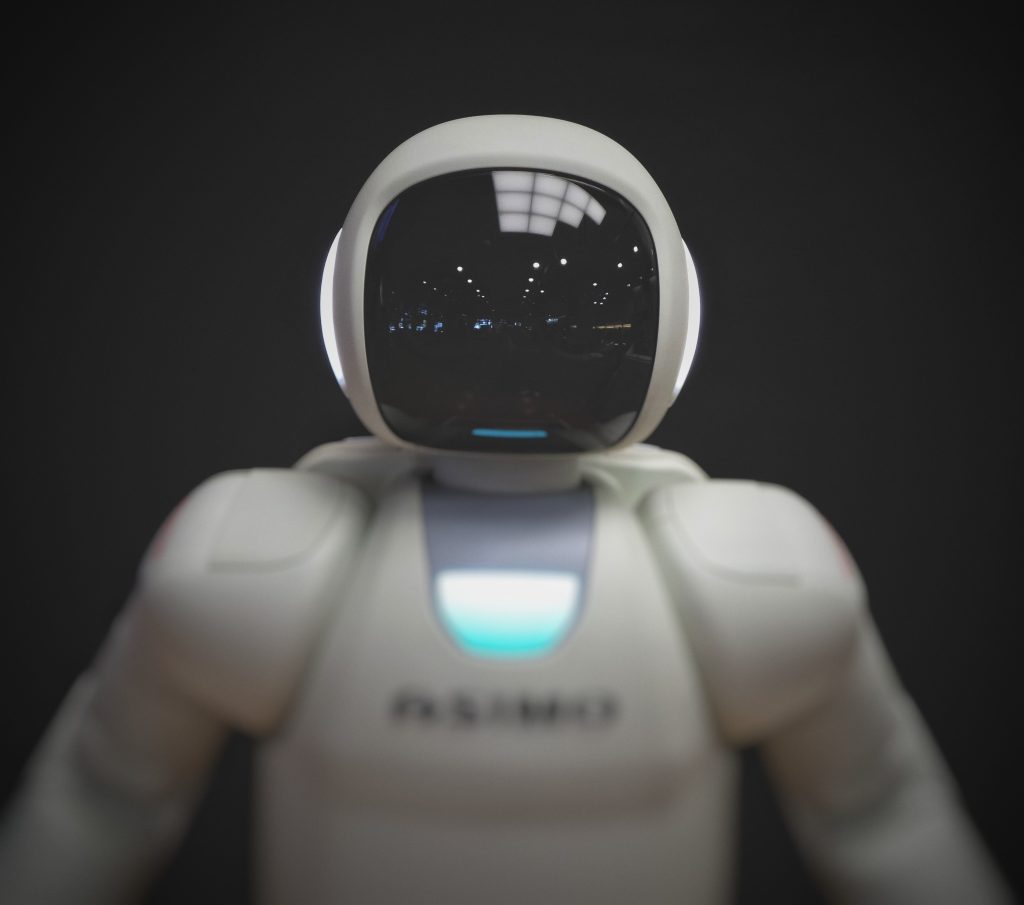We believe that bots will continue to evolve and take over more jobs within the next five years. The question is, what should we expect from these emerging technologies? Will they improve the quality of life by automating some tedious tasks? Or, will they only create new problems and cause harm?
While the evolution of these technologies seems inevitable, it is important to consider potential consequences. We must be aware that as more services are automated, it will be difficult to provide support to people who are affected by these changes.
What do you think? Will bots and zombies benefit the world or do they pose a threat?
What are bots and how do they work?
The word “bot” is short for “robot”, which is a software application that can automatically perform repetitive tasks. Bots are typically to automate communication between different applications, websites and platforms.
They can do almost anything – from answering customer service requests to moderating content on social media websites, to writing articles.
Bots have been around since the 1950s and have replaced humans in many white-collar jobs such as trading stocks, playing poker and writing articles. They are also widely useful on social media platforms such as Facebook Messenger, Slack and Skype.
What are zombies?
Zombies are programs that take over your computer without you knowing it. Typically, they trick people into installing them. This is through phishing emails which appear to be from reputable companies (e.g., PayPal), or by enticing users with free giveaways/prizes (e.g., free Netflix).
Once installed, zombies can secretly carry out malicious tasks such as sending spam messages or stealing passwords or credit card information.
In the past few years, hackers created various types of zombies that can assist with their criminal activities. For example, a botnet called Mirai was used in 2016 to launch DDoS attacks against various websites including Twitter and Amazon. This attack caused Amazon’s website to experience a short outage for about an hour.
What threats do bots and zombies pose?
The following section discusses some of the threats posed by bots and zombies:
Bots can spread false information, manipulate public opinion and commit identity fraud. They can also commit stock fraud, steal money from someone’s PayPal account or make unauthorized purchases.
Zombies can enable cybercriminals to control millions of computers and use them as a single botnet (a network of connected devices). These botnets can then be used to launch a large-scale Distributed Denial of Service (DDoS) attack.
A network of connected devices
These botnets can then be used to launch a large-scale (DDoS) attack. Bots and zombies can run Bitcoin and other cryptocurrency mining software on individual PCs without the users’ knowledge – this has been done by embedding mining code in websites that visitors visit, particularly in YouTube videos.
On individual PCs, without the users’ knowledge
This has been done by embedding mining code in websites that visitors visit, particularly YouTube videos.
If a zombie takes over your computer, it could install malware on your system such as keyloggers which record every keystroke you make on your keyboard (including passwords and credit card information). It could also upload your files to remote servers – this could lead to data theft.
On your system such as keyloggers
They record every keystroke you make on your keyboard (including passwords and credit card information). It could also upload your files to remote servers – this could lead to data theft.
A zombie running on your computer could block you from using important applications or accessing the website(s) you need for work or personal reasons. It may even reboot your computer at will – this will waste your time and cause you to lose important documents.
